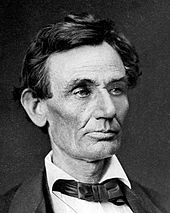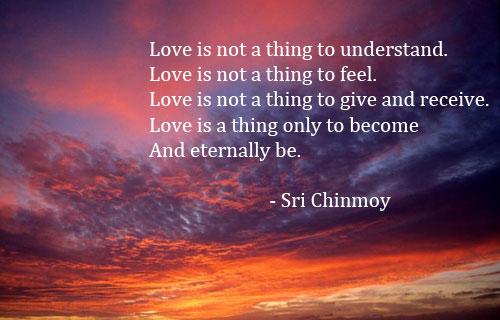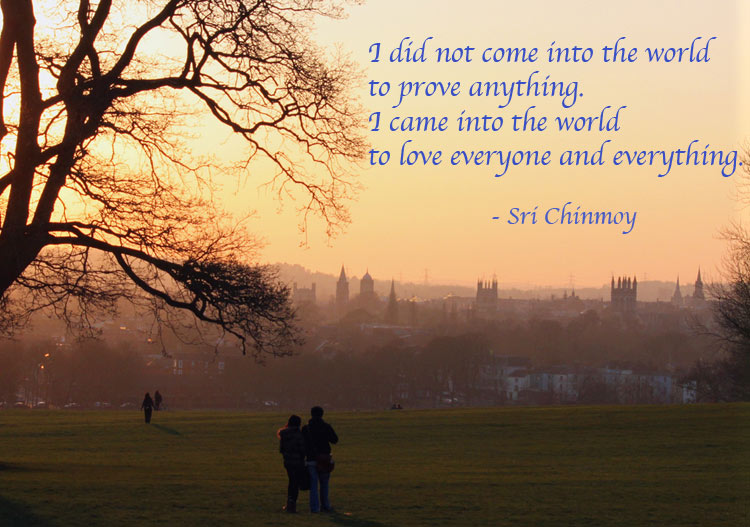It was the poet Walt Whitman who prophesied the emergence of Lincoln as the future American President. In 1856 he wrote a political address that remained unpublished till towards the end of the 19th century. In that address Whitman denounced the Northern Democrats including the then-president Franklin Pierce without mincing words and then went on to say: “I would be much pleased to see some heroic, shrewd, fully-informed, healthy-bodied, middle-aged, beard-faced American blacksmith or boatman come down from the West across the Alleghanies, and walk into the Presidency, dressed in a clean suit of working attire, and with the tan all over his face, breast, and arms; I would certainly vote for that sort of man, possessing the due requirements, before any other candidate.”1 On Nov. 7th 1860, Lincoln, a healthy-bodied, middle-aged, beard-faced boatman from the West, was on his way to the White House.

Whitman was immensely fascinated by Lincoln from the moment he saw him for the first time in New York in 1861 (from the top of a stalled omnibus). In 1863 he wrote, “Lincoln has a face like a Hoosier Michael Angelo, so awful ugly it becomes beautiful, with its strange mouth, its deep cut, criss-cross lines, and its doughnut complexion.”2 (Interestingly Lincoln had been reading with admiration Whitman’s “Leaves of Grass” in his Springfield law office before heading to Washington to assume the presidency. Lincoln and Whitman never knew each other personally. They may have met on an occasion.)
Lincoln was born in 1809 in a one-room log cabin in frontier Kentucky. He was largely self-taught and from his early childhood had great taste for reading. Later in life he taught himself law and went on to become an eminent country lawyer. Lincoln fought in the Black Hawk War. In the 1830s and 1840s as a Whig politician he held a seat in the Illinois state legislature. In 1847 he became a member of the U.S. House of Representatives. Sometime in 1856, Lincoln joined the new Republican Party. In 1858 he contested the election to the U.S. Senate. His opponent in the election was one of the most popular politicians in the nation, Senator Stephen Douglas. During the campaign, Lincoln and Douglas had a series of seven debates (in towns across Illinois over seventy days) – the famous Lincoln-Douglas debates. These debates were covered nationally. Even though Lincoln lost that election, his spectacular performance against Douglas in the debates made him a strong contender for the 1860 Republican presidential nomination.
Read On…


 In 1858 Abraham Lincoln accepted the Republican Party’s nomination to run for the Illinois Senate seat against the Democratic incumbent Stephen Douglas. (In those days, U.S. senators were elected by state legislatures; so the candidate whose party won control of the state legislature was elected.) Despite the Republican Party winning the popular vote, Lincoln lost the election because the Republicans did not gain control of the Illinois state legislature. (In the election the Republicans received about 50 percent of the popular vote and won only 47 percent of the seats in the house. Where as the Democrats received 48 percent of the popular vote and won 53 percent of the seats. On January 5, 1859, when the balloting took place in the Illinois state legislature Douglas received 54 votes to Lincoln’s 46 and was thus reelected for another six years to the United States Senate.) But this defeat proved to be the stepping stone for Lincoln to win the Republican presidential nomination and ultimately the presidency. Lincoln who was little known outside his home state gained national recognition after his splendid performance in the famous Lincoln-Douglas debates.
In 1858 Abraham Lincoln accepted the Republican Party’s nomination to run for the Illinois Senate seat against the Democratic incumbent Stephen Douglas. (In those days, U.S. senators were elected by state legislatures; so the candidate whose party won control of the state legislature was elected.) Despite the Republican Party winning the popular vote, Lincoln lost the election because the Republicans did not gain control of the Illinois state legislature. (In the election the Republicans received about 50 percent of the popular vote and won only 47 percent of the seats in the house. Where as the Democrats received 48 percent of the popular vote and won 53 percent of the seats. On January 5, 1859, when the balloting took place in the Illinois state legislature Douglas received 54 votes to Lincoln’s 46 and was thus reelected for another six years to the United States Senate.) But this defeat proved to be the stepping stone for Lincoln to win the Republican presidential nomination and ultimately the presidency. Lincoln who was little known outside his home state gained national recognition after his splendid performance in the famous Lincoln-Douglas debates.


